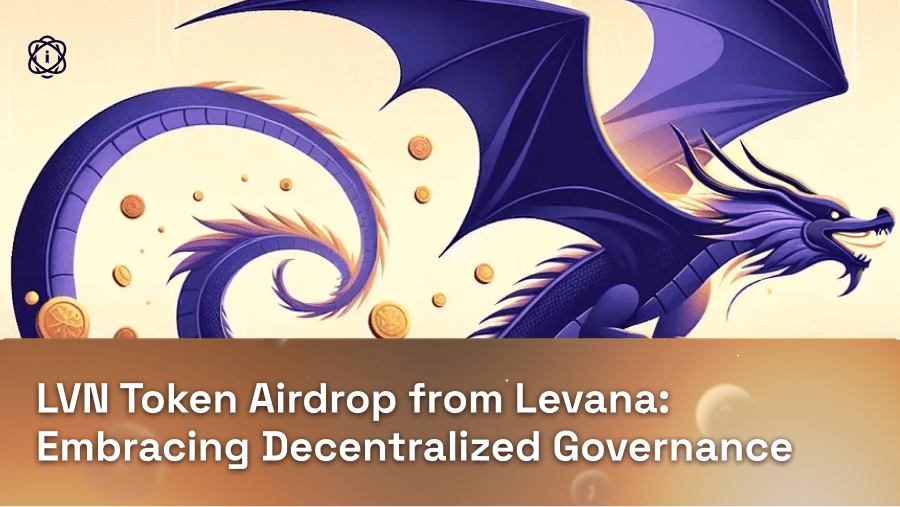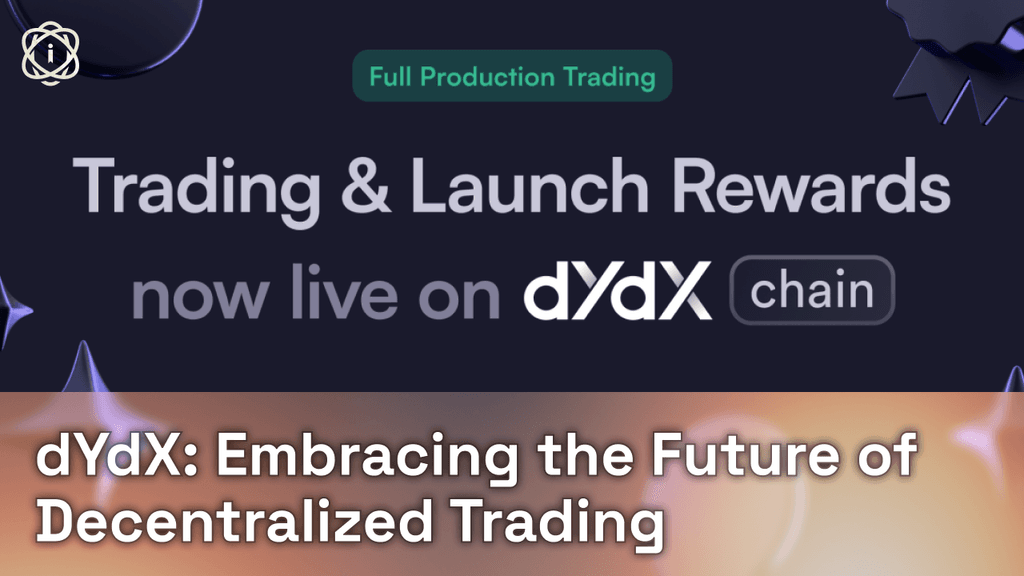Introduction
Decentralization is a foundational concept in Web3, representing a shift away from centralized systems controlled by single entities to networks governed by a distributed consensus. This transition has broad implications across technology, governance, finance, and society at large. In the context of Web3, decentralization is integral to blockchain networks, decentralized finance (DeFi), decentralized autonomous organizations (DAOs), and more, all contributing to a more open and equitable digital landscape.
Decentralization in Blockchain Networks
At the core







